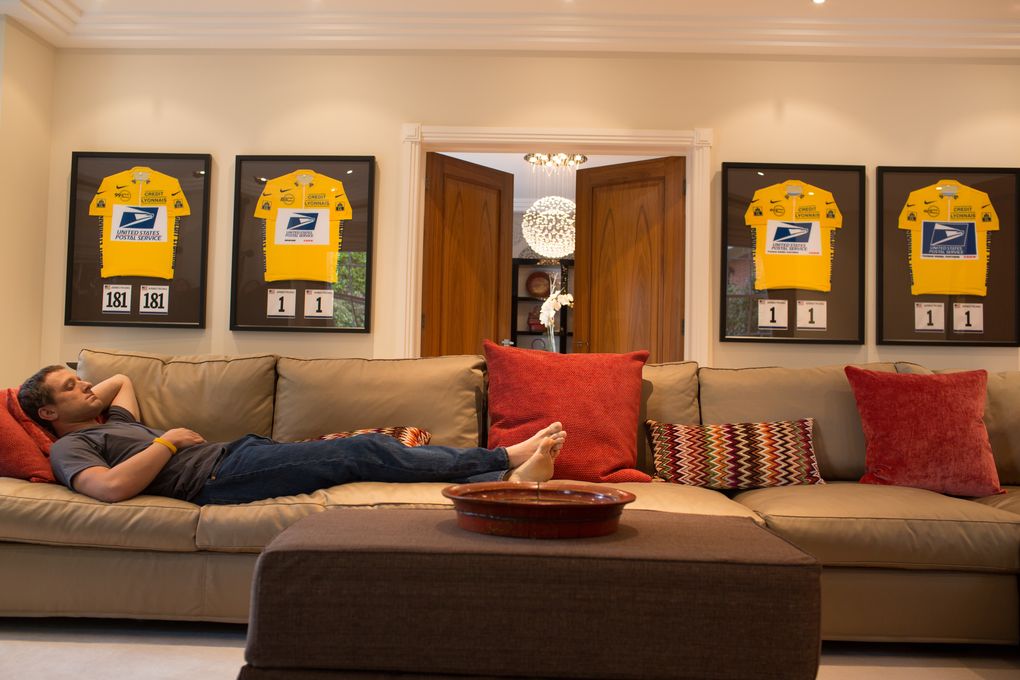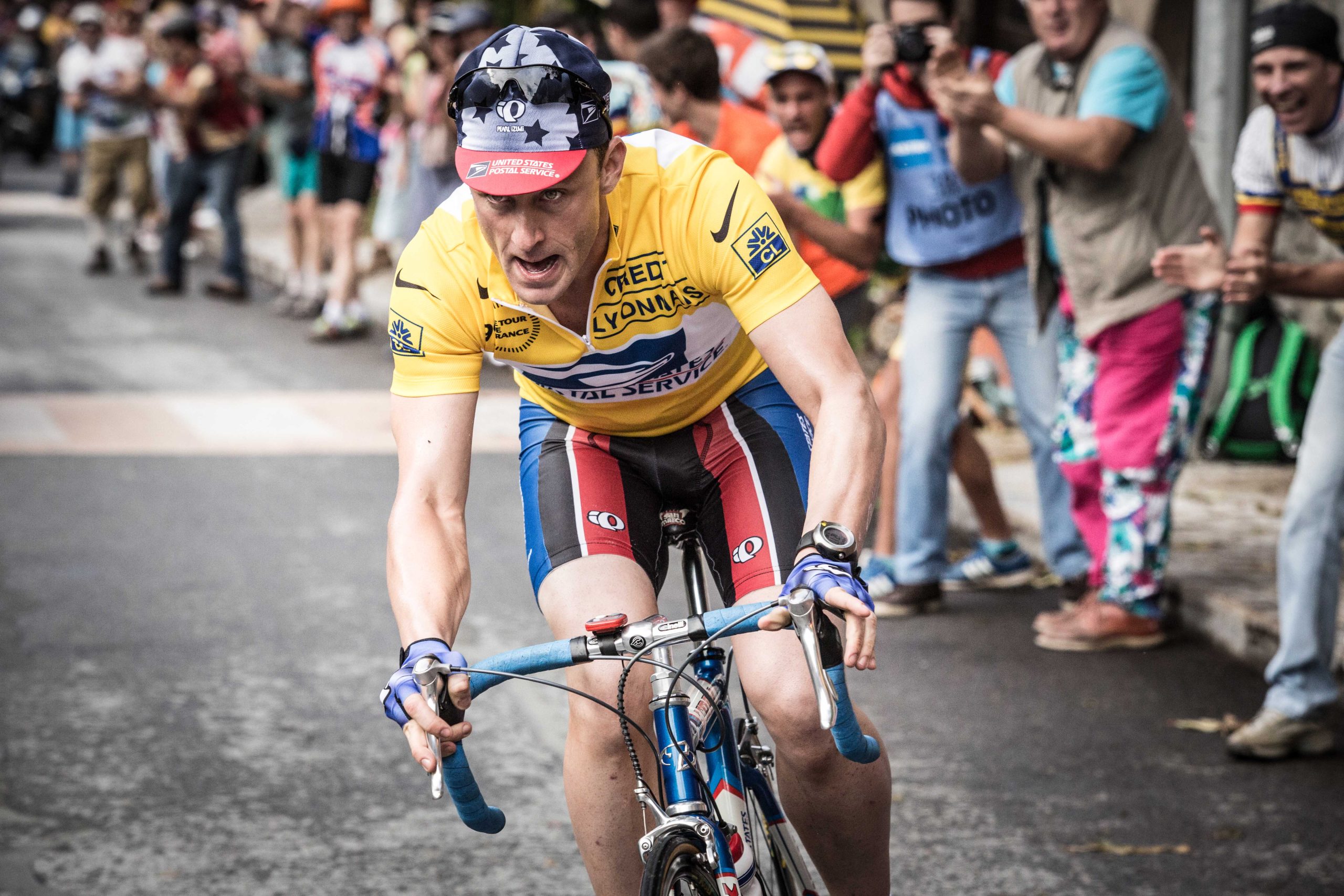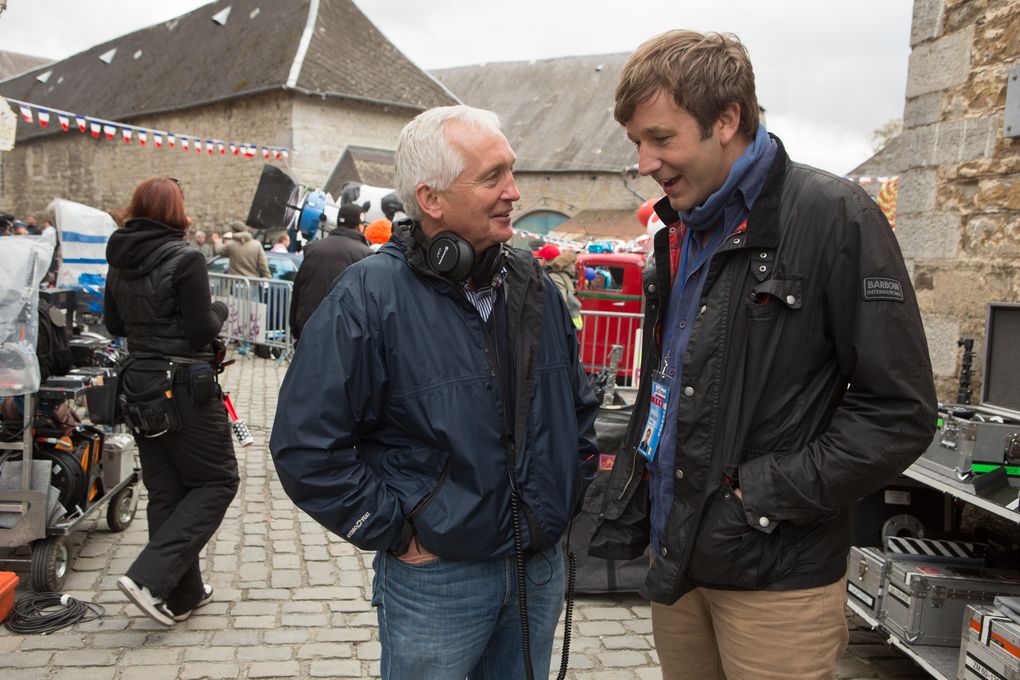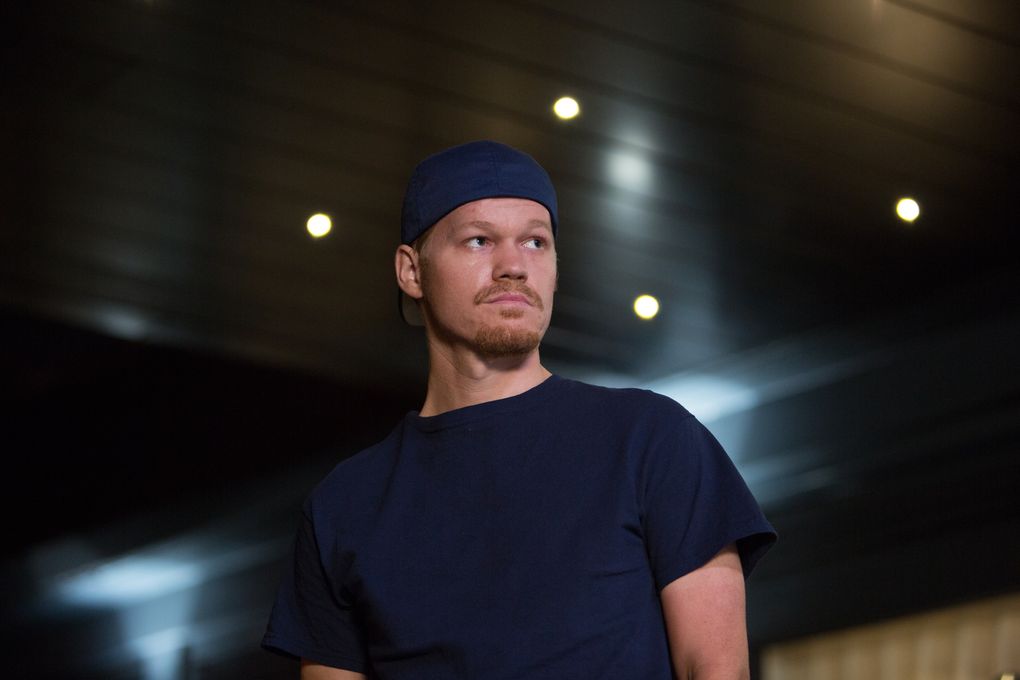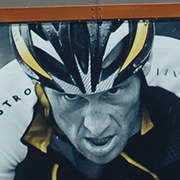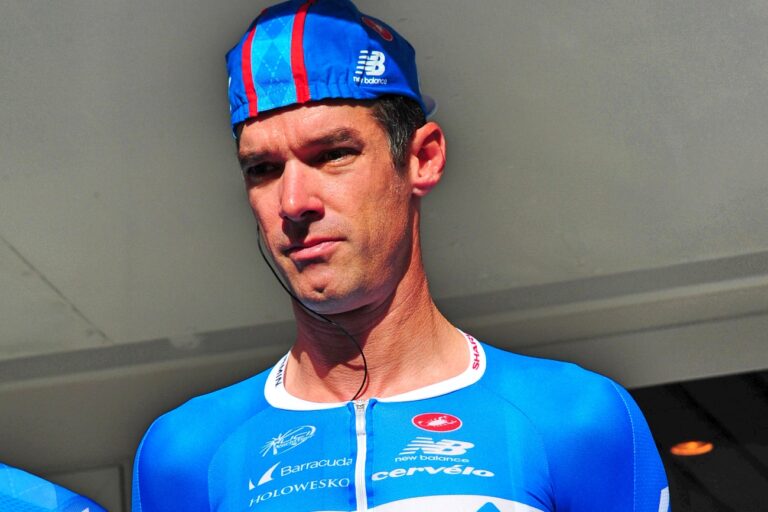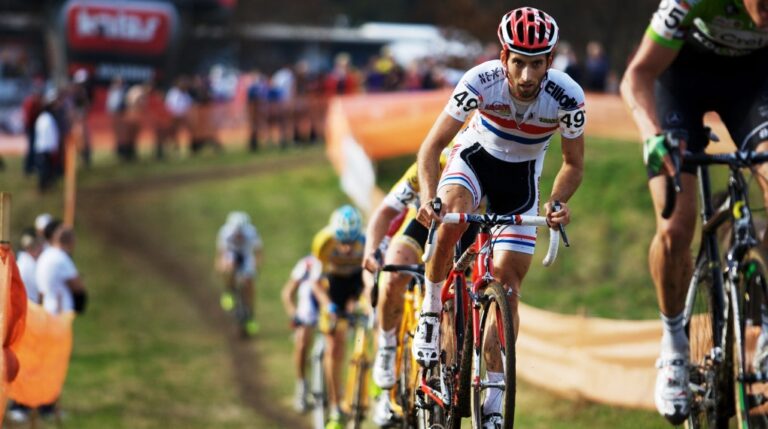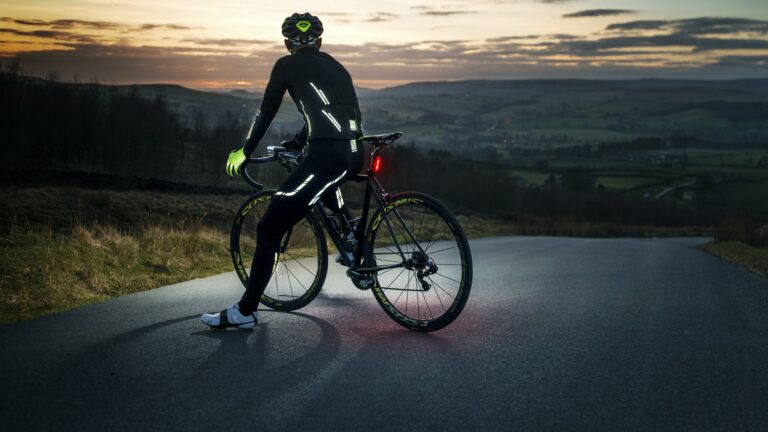In all honesty, condensing 20 years of one person’s rather complicated life into under two hours was never going to be easy.
The Program is based on David Walsh’s book Seven Deadly Sins, the expose on the Sunday Times journalist’s long pursuit of Armstrong. Stephen Frears of High Fidelity and The Queen directs, Ben Foster takes the part of Armstrong and the IT Crowd star Chris O’Dowd plays his nemesis, journalist David Walsh.
The first part of the film races through the early part of Armstrong’s career: meeting Johan Bruyneel while the Belgian was still riding and being one of the also-rans in Gewiss-Ballan’s 1994 domination of Flèche Wallonne, where the Italian team claimed all three podium spots in what is widely considered the first notable result of the EPO era in cycling, and a result that no doubt solidified the need for a ‘proper’ doping system in Armstrong’s mind. We then see Armstrong meeting with Gewiss team doctor Michele Ferrari, deciding to dope, returning to win Flèche in 1996, being diagnosed with cancer, recovering, then coming back to racing and working with Ferrari again. If that sounds like a lot, it feels like it when you’re watching as well, and those not already familiar with Armstrong’s early life and career might find themselves a little lost.
